Black women redefine sex in the music industry
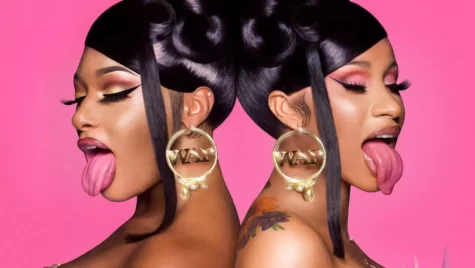
“The most disrespected person in America is the Black woman. The most unprotected person in America is the Black woman. The most neglected person in America is the Black woman.” – Malcolm X
Throughout history, women have been belittled as mere sex symbols; they have been unfairly objectified and exploited all across the media, promoting violence against them worldwide. It’s especially shocking to note the hypersexualization of Black women in the music scene. In an era where top Black female artists such as Nicki Minaj and Megan Thee Stallion are attempting to break the stereotype, the utilization of hypersexualization in the music industry deems their attempts as counterproductive. This begs the question: has hypersexualization become a prerequisite for Black female artists to gain popularity or have women of this age flipped the script to redefine sexuality on their own terms?
It’s a common misconception that these women are sexualizing themselves for male approval, but many of them are doing it to empower themselves and survive in an industry that was not built to serve them. This is a different level of sexuality; we need to understand that they’re being sexy on their own terms as opposed to conforming to male fantasies. Men like to see women half naked, spraying champagne, and crawling on the ground; despite this, female artists are establishing what they believe to be considered appealing. Whether that means wearing baggy clothing or overtly sexualizing themselves, women are taking control of their bodies.
Despite this though, hypersexualization does not do enough to combat the male gaze. “WAP,” written by Cardi B and Megan Thee Stallion, was a song demonstrating what it looks like for a woman to be comfortable in her own body. Despite the intention, the song is giving men what they want to see; men will happily consume the content while simultaneously continuing to degrade women. It will always be mere entertainment for them; most just don’t get the message.
Black guidance counselor Kia Pickett said that “I love the music but I don’t like how they hypersexualize their videos. It gives a negative tone to younger girls because they may feel they need to present themselves that way in order to be noticed.” She continued, “[An artist like] Lizzo is saying love your body. The others may in fact be loving their bodies as well, but they are doing so too sexually. Young girls feel like they need to be sexy to be attractive because of these artists, as opposed to doing this because they just feel good about themselves.”
Black Niles North parent Tamika Labelle had a similar standpoint. “They’re doing what is expected of them. There are stereotypes that Black women are expected to follow,” Labelle said. “Fake hair, fake nails, over-contoured makeup, suggestive dancing, and lyrics; it makes you desensitized to the negative effects.”
The music industry is an extension of patriarchal power structures where Black women have become subject to the male gaze. While the notion of “sex sells” is a common mindset amongst people in the industry, the experience of Black women in this regard stems from a deep history of dehumanization as a result of slavery and colonization. Slavery and colonization have meant that Black women were not allowed to explore and utilize their bodies as their own, void of human autonomy. Black female objectification is a form of White entertainment, leaving these women as spectacles of ogling.
In the media, Black women are often displayed as the “hoe,” the “stripper,” or the “baby mama,” painting these women as promiscuous maneaters. The most typical caricature of Black women is the sassy, finger-snapping, gum-popping, grill-wearing, twerking woman.
Misogynoir in hip-hop has allowed these men to capitalize on the abuse of Black women. In his 2014 song “You,” rapper Chief Keef states, “Ain’t gon’ let me f*ck, and I feel you. But you gon’ suck my d*ck ’fore I kill you,” threatening a woman’s life if she refuses to perform oral sex. It was written, arranged, tracked, edited, mixed, and mastered; this line made it through each level of production without a single person questioning whether or not it was appropriate to threaten a woman’s life.
Another example of men capitalizing off of sexual assault can be seen in the song “U.O.E.N.O” by Rick Ross, he says “Put Molly all in her champagne, she ain’t even know it. I took her home and I enjoyed that, she ain’t even know it.” Rick Ross is insinuating that he drugged a woman and took advantage of her while she was under the influence, which is sexual assault. His actions are blatantly justified as listeners bop their heads and recite the lyrics, letting male artists know that they can get away with anything as long as the bass beats hard enough.
Rarely are Black women in rap songs described as independent, beautiful, or intelligent, perpetuating wicked narratives upon them. The current music scene is failing Black women, excluding them from the creativity, passion, and unity that music can offer.
However, a critical point is that the hip-hop generation didn’t invent sexism; it is a symptom of American culture. Today’s top hits are a reflection of how sexism continues to dominate social spheres and the many ways in which women struggle every day in order to be treated as human beings. The lyrics in songs simply mirror the patriarchal systems by which we abide. Today’s inner-city Black youth are living in an environment dominated by hip-hop culture. Music has been a segway for many of them to express themselves and make sense of their world. These artists are often viewed as role models for adolescents, serving as educators for minority youth as they are the main figures relevant to struggling Black people. Because of their influence, everything that is created by them is considered the gospel, even including the sexist attitudes toward women.
Cash runs everything in the music industry. We, the listeners, need to stop them at a consumer level. Consumers continuing to support the industry perpetuates, endorses, and normalizes violence to the point where when they see the abuse they become desensitized to it. Supporting rappers who make music about raping and killing women provides those artists with the money and the platform they need to continue to silence their victims. We need to protect Black women. Full stop.
Women breaking the stereotype
We need to acknowledge the parallel evolution of women and their roles in hip-hop. They have been trampled over for years, yet many manage to rise above it. Hip-hop began as a male-dominated industry, characterized by outlaws, misogyny, and patriarchal theme. In the past, women were not even allowed to hold the mic; their role was to sexualize the video.
Artists such as Yo-Yo managed to make her place in the hip-hop world without becoming a stereotype or succumbing to the male gaze and their fantasies. She upheld an afro-centric and pro-feminist outlook on her music. In the late 1980s, MC Lyta became the first female emcee to sell millions of singles and albums. Her music addressed controversial themes of racism, sexism, and the drug epidemic. Queen Latifa focused on encouraging women to embrace their heritage, mind, and their curves. Other women such as Lil Kim, Missy Elliott, and Lauryn Hill have opened the door and paved the way for women today and what it means to be a female in the rap industry.
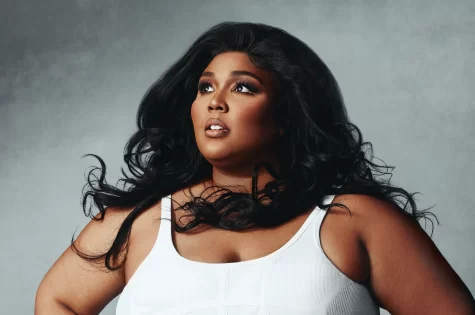
Lizzo, for example, spent her career advocating for women of larger sizes, people of color, and LGBTQ+ people, demonstrated through both her music and her contributions to the world around her.
“My movement is for everybody. My movement celebrates diversity,” Lizzo told Junkee in 2019. “It’s all about inclusion. It’s all about getting our flowers and giving each person their own space to be an individual and speak up for that individuality.” She quickly became a feminist symbol for body positivity and women’s empowerment.
There are women who address messages with complex themes, they just don’t receive the same support. Noname is a great example of this; as a female rapper from Chicago, her albums devolve into her thoughts on race, sexuality, capitalism, and politics. Yet despite this, her name is nowhere near as popular as artists such as Nicki Minaj who is known for her sexual lyrics.
But whatever your beliefs, it can’t be denied that women in rap are capable of greatness; they are strong, talented, and more than their bodies. They are so capable and we need to continue to address, debate, and research the ways in which female rappers are treated. I am thrilled about the celebration of women’s sexuality, and I want to see more in terms of what these artists rap about, both male and female.
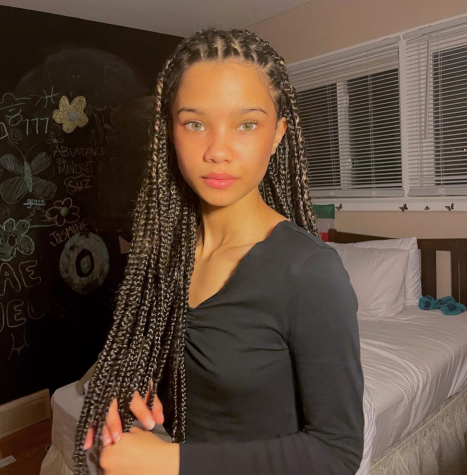
Jasmine Nichols is a Senior at Niles North who aims to write about contemporary issues within the black community. She enjoys learning about black history,...


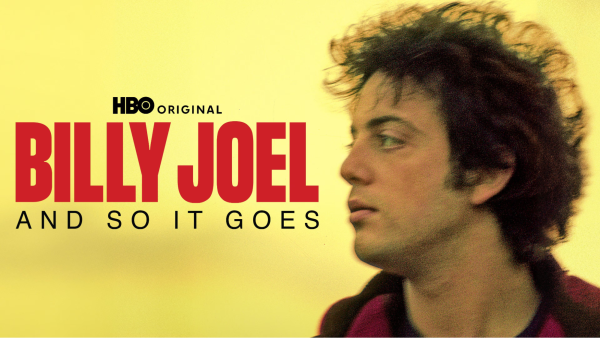
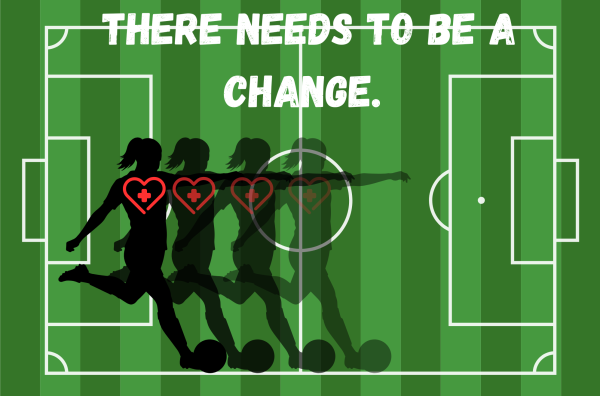
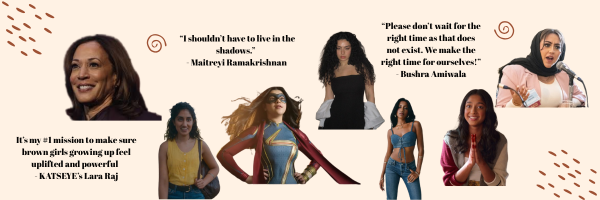
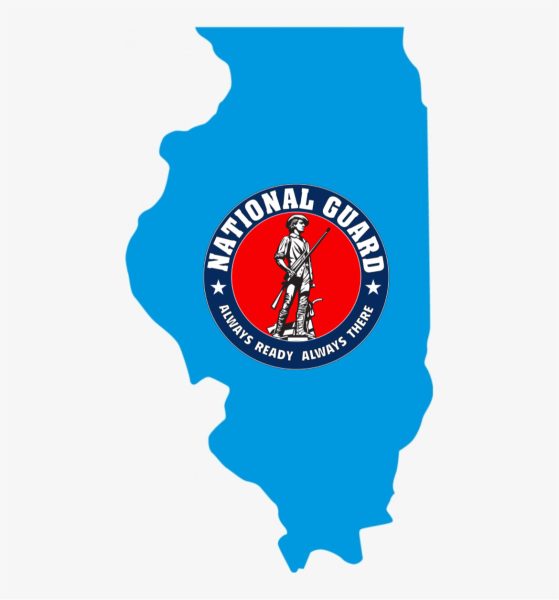
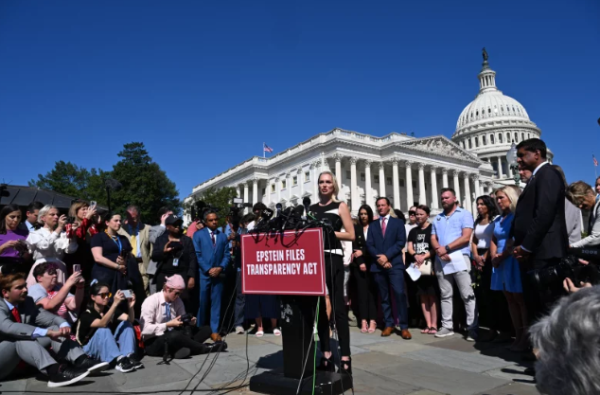
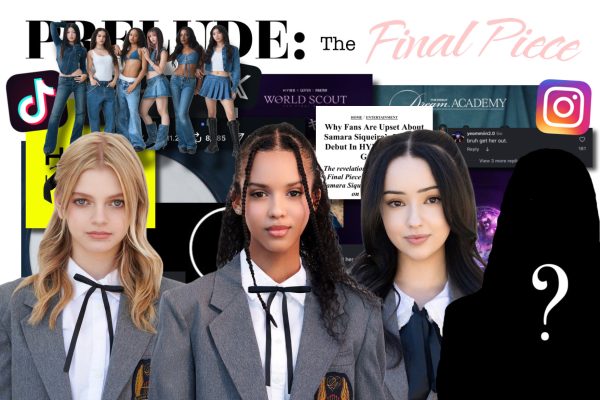
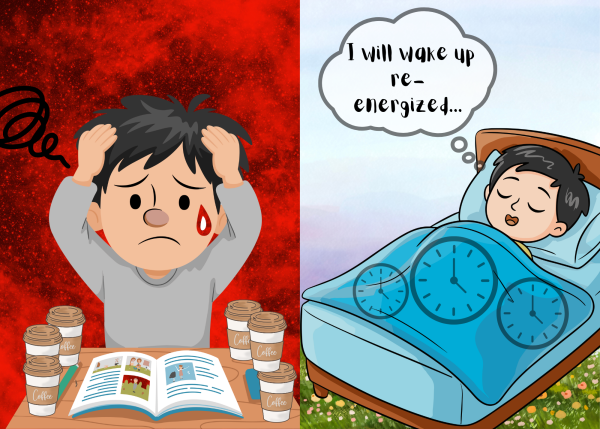
Belva Hill • Mar 1, 2023 at 8:30 pm
Awesome article.
It is a delight that she can interpret and express to her audience her perspectives in understandable terms and ideas.
Linda Elarde • Mar 1, 2023 at 9:38 am
This is a powerful statement about a highly relevant issue that demands voices like Jasmine’s which calls out the reality of toxic hypersexuality of black female performers in the music industry. She makes a clear and impassioned statement highlighting the impact on youth, as their idols reinforce stereotypes, supporting a genre that amplifies and normalizes patriarchy and objectification of the female form. This is a noteworthy piece of writing and I hope it is only the beginning of a systematic challenge to the status quo. There is urgent need for an awakening, long overdue, to reinforce the message of performers that elevate and celebrate the contribution of black female artists and support movement toward a paradigm of empowerment and a cultivation of the full spectrum of talents that will enrich the audience and promote new perceptions for positive change.
Cynthia Fey • Mar 1, 2023 at 9:28 am
Thank you for this important and well-written piece! I learned a great deal.
Ms. Amelianovich • Mar 1, 2023 at 9:18 am
What an incredibly thoughtful, beautifully written article. I loved all of it, but especially this: “We need to protect Black women. Full stop.”
Bravo!
Courtney Hanson • Feb 28, 2023 at 6:57 pm
Jasmine,
This is a very well-written article and you bring up several great points about female sexuality.
Great job!
tamika labelle • Mar 1, 2023 at 7:55 pm
Brilliant piece of writing! You’re only 17?? Amazing!